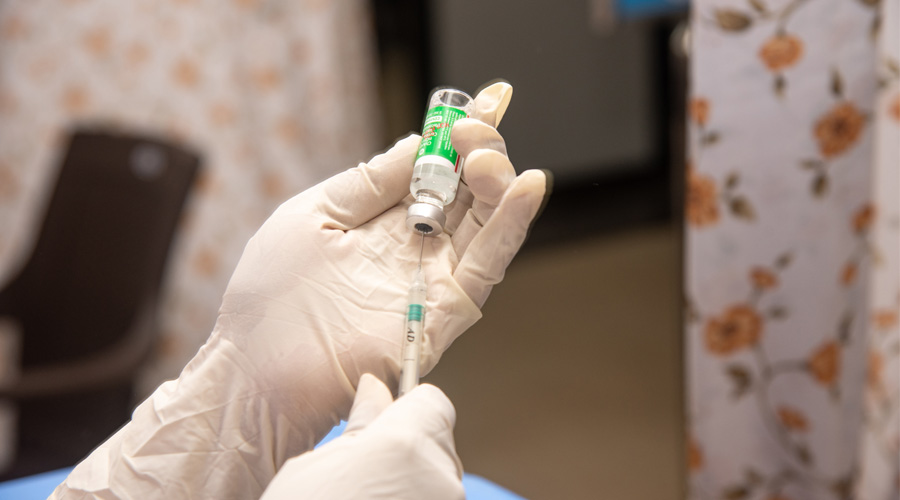Apologies to jab, shot and “Fauci ouchie”. Oxford Languages’s 2021 Word of the Year is “vax”.
That may seem like a no-brainer. But as with so much about public health, the power lies in the numbers.
“Vaccine,” already a common-enough word in English, more than doubled in frequency over the past year, as vaccines against the coronavirus rolled out. But the jaunty “vax” — a word that has skulked around the margins of the language since it first appeared in the 1980s — surged dramatically, occurring more than 72 times as frequently in September 2021 as a year earlier. “All these other vaccine words increased, but nothing like vax,” said Fiona McPherson, a senior editor for new words at Oxford Languages, which publishes the Oxford English Dictionary. “It’s a short, punchy, attention-grabbing word.”
“And speaking as a lexicographer, it’s also quite a productive one,” she continued. “You see it used in all sorts of combinations to make new words.”
The Word of the Year is based on usage evidence drawn from Oxford’s continually updated corpus of more than 14.5 billion words, gathered from news sources across the English-speaking world.
It has traditionally been a scholarly yet often lighthearted effort, highlighting both cultural change and English’s sometimes goofy way of reflecting it. (“Post-truth” and “selfie”, anyone?)
But last year, the company went for a single choice and instead highlighted the pandemic’s sudden and pervasive influence on the language more broadly.
This year, though, it was time to return to crowning a single word. “The word vax, more than any other, has injected itself into the bloodstream of the English language in 2021,” Oxford said in a pun-filled news release.
The word “vaccine” was first recorded in English in 1799, following the British scientist Edward Jenner’s experiments with inoculation against smallpox.
In early reports on his experiments, the word “vaccine” (derived from the Latin vacca, or cow) was used to refer both to the disease and to the material from the cowpox pustules he injected into his human research subjects.
It was only decades later, according to Oxford’s report on its research, that “vaccine” came to be used for inoculation against other diseases. Curiously, while the shortened form “vax” did not appear until the 1980s, the term “anti-vax” — spelled “anti-vacks” — appeared early.
New York Times News Service











